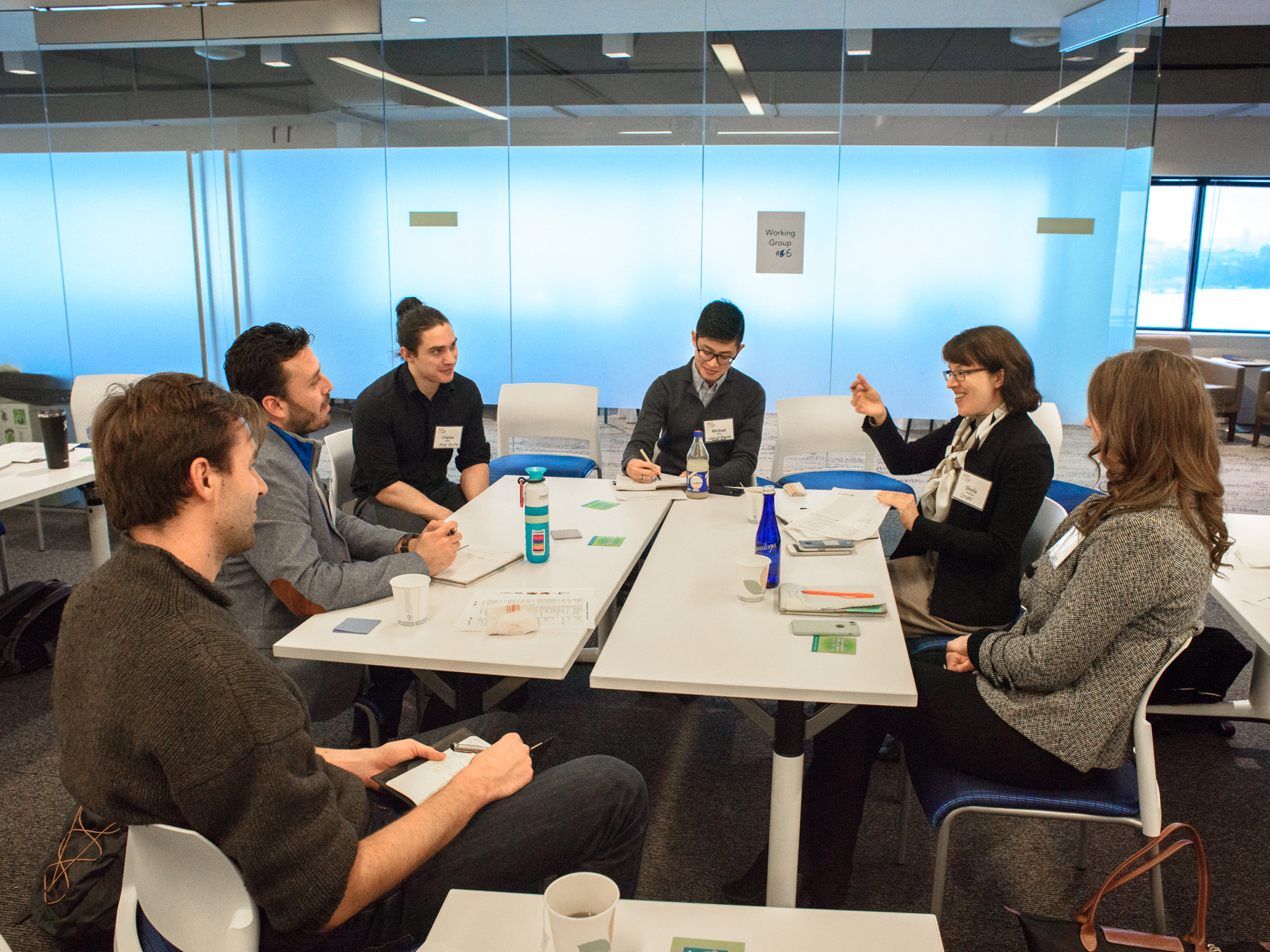Menu
Minor core subjects
People and the Planet: Environmental Histories and Engineering (11.004, STS.033 [J]) – Offered spring semester (12 units, HASS-E)
Offered spring semester (12 units, HASS-E)
Explores historical and cultural aspects of complex environmental problems and engineering approaches to sustainable solutions. Introduces quantitative analyses and methodological tools to understand environmental issues that have human and natural components. Demonstrates concepts through a series of historical and cultural analyses of environmental challenges and their engineering responses. Builds writing, quantitative modeling, and analytical skills in assessing environmental systems problems and developing engineering solutions. Through environmental data gathering and analysis, students engage with the challenges and possibilities of engineering in complex, interacting systems, and investigate plausible, symbiotic, systems-oriented solutions. Prereq: None. Units: 3-3-6 HASS-E.
J. Knox-Hayes, R. Scheffler, J. Trancik, B. Anthony
Browse Our People
Click below to learn about the ESI Team, External Advisory Board, Affiliated Faculty, Student Advisory Council, Past ESI Affiliates, and Faculty Advisory Council.






















